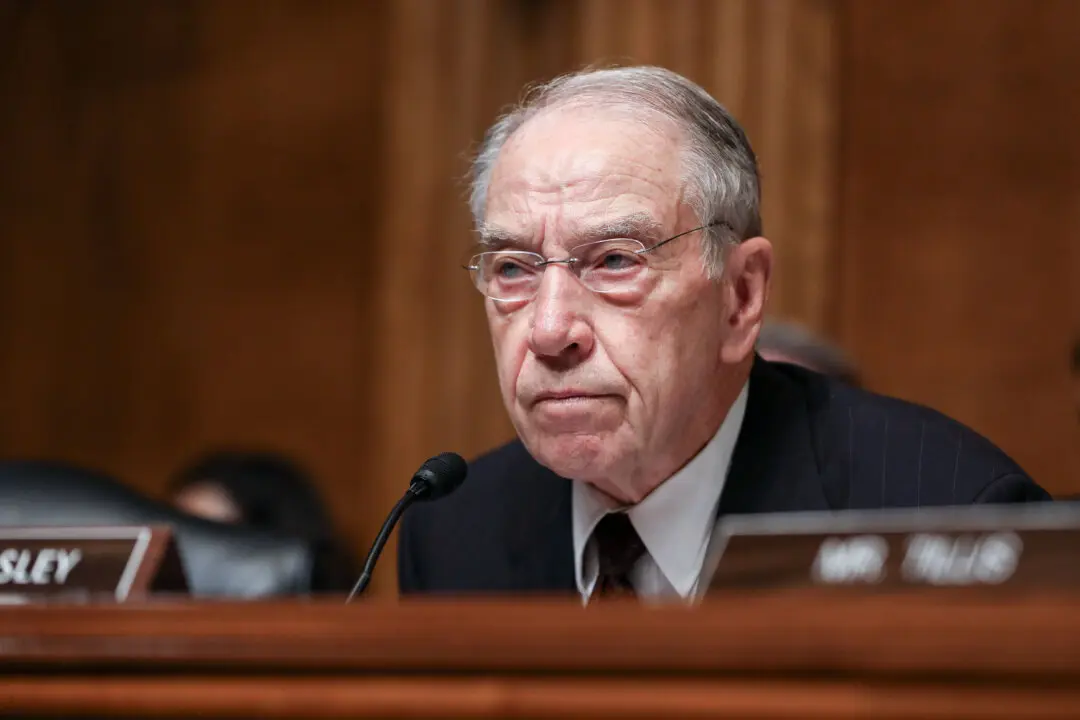President Donald Trump would veto a bipartisan Senate bill that would give Congress more power over tariffs if it reaches his desk, the White House said on April 7, warning the legislation would weaken the chief executive’s ability to respond to foreign threats and protect national security.
In a formal statement, the Office of Management and Budget said the Trade Review Act of 2025 (S. 1272) would “dangerously hamper the President’s authority and duty to determine our foreign policy and protect our national security.”





